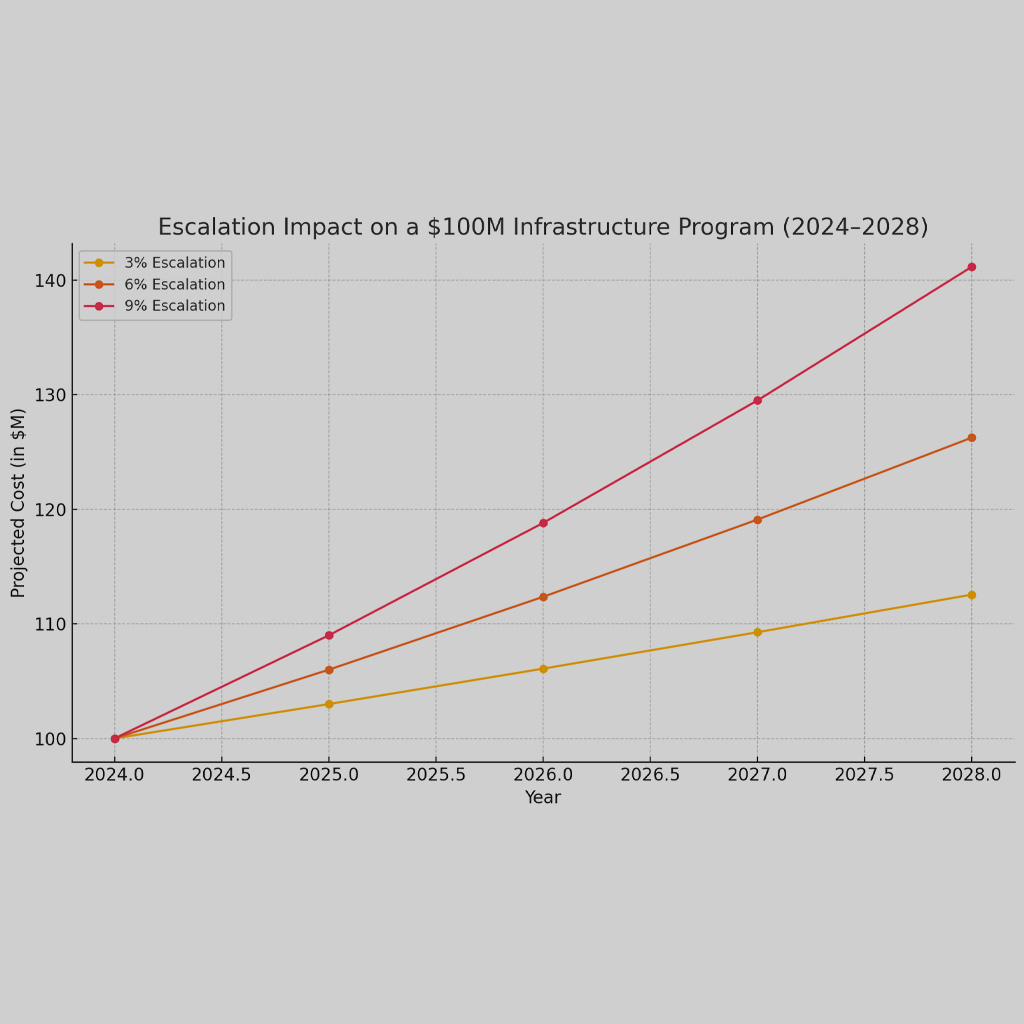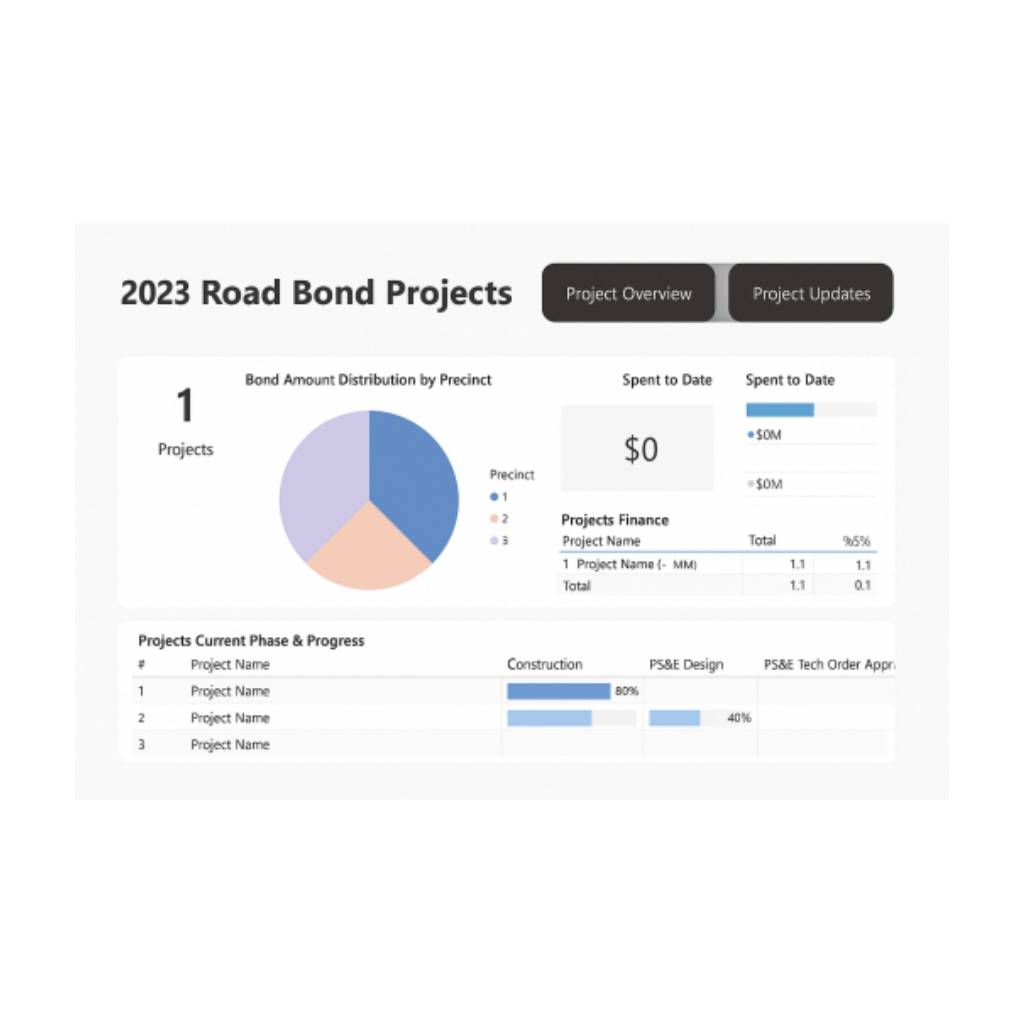A capital infrastructure bond program operates as a paramount financial instrument, frequently utilized by public entities, including municipalities. Its function is distinct and fundamental: it serves as a resource pool, accumulating funds necessary for the origination, enhancement, or rehabilitation of a spectrum of public infrastructure projects. This financial accumulation takes place through the issuance of bonds. The mechanics are straightforward — these bonds, operating as fixed-income instruments, are sold to investors, who, in turn, are promised a return on their investment with accrued interest over a designated time frame.
Gaining a comprehensive understanding of the capital infrastructure bond program requires one to delve into the assortment of projects it typically encapsulates. These projects are not restricted to a single domain but span across multiple sectors, effectively reflecting the acute needs and priorities of the entity that issues the bonds, be it a municipality or any other public institution. The volume and type of projects selected for inclusion within the bond program are significantly determined by the availability of funds.
Given the broad scope of the program, it includes but is not restricted to the following types of projects:
1. Transportation: This category substantially contributes to the expansion and upgrading of transportation infrastructure. Projects can range from the construction and enhancement of roads to the repair and replacement of bridges. The program also extends to the enhancement of public transportation systems and the construction of bike paths, crucial elements for sustainable urban mobility.
2. Water and Sewer Systems: Essential utilities, such as water and sewer systems, are often beneficiaries of these bond programs. Projects under this umbrella can involve the construction and modernization of water treatment plants and sewage treatment facilities, and the necessary repair and replacement of water and sewer lines, ensuring safe and reliable access to these vital services.
3. Schools and Other Public Buildings: The bond program significantly impacts the construction and renovation of public buildings, with a particular emphasis on schools. Educational infrastructure projects might entail the establishment of new educational institutions, renovation of existing school buildings, and the enhancement of associated facilities such as libraries, science and computer labs, which are instrumental in providing quality education. Other public buildings, like community centers and essential service stations, such as fire and police departments, also fall within this category.
4. Parks and Recreational Facilities: The program supports the formation and refurbishment of public leisure spaces, such as parks, playgrounds, sports fields and courts, and community gardens. These spaces contribute to the overall quality of life in a community, providing recreational and social opportunities for residents of all ages.
5. Energy and Environmental: Capital infrastructure bond programs align with sustainable development objectives and often include projects related to energy and the environment. This may encompass renewable energy projects, stormwater management systems, and the creation of green infrastructure, all of which contribute to the mitigation of environmental challenges and the promotion of sustainable practices.
6. Public Safety: Public safety is another domain frequently included in these programs. This can cover the construction and improvement of emergency services, police and fire stations, and disaster recovery and mitigation facilities, all crucial for maintaining community safety and resilience.
In essence, the capital infrastructure bond program is a linchpin in the financial mechanisms supporting public entities. Its role in funding a broad range of infrastructure projects—from transportation and utilities to schools and parks—underscores its far-reaching impact. This diversified investment contributes to the creation of robust, sustainable, and inclusive communities, solidifying the program’s position as an indispensable tool in public infrastructure development. As we look to the future, the program’s importance in driving community growth and enhancement remains undiminished.
At Front Line Advisory Group, we are pioneers in Capital Improvement Bond Management, leveraging unparalleled expertise and deep industry insights. Our mission extends beyond consultation – we empower our clients to realize the full potential of their investments, ensuring tax dollars are put to maximum use through astute Program Management Consulting. For more information or to commence your journey towards transformative bond management, reach out to us at info@frontlineadvisorygroup.com.













